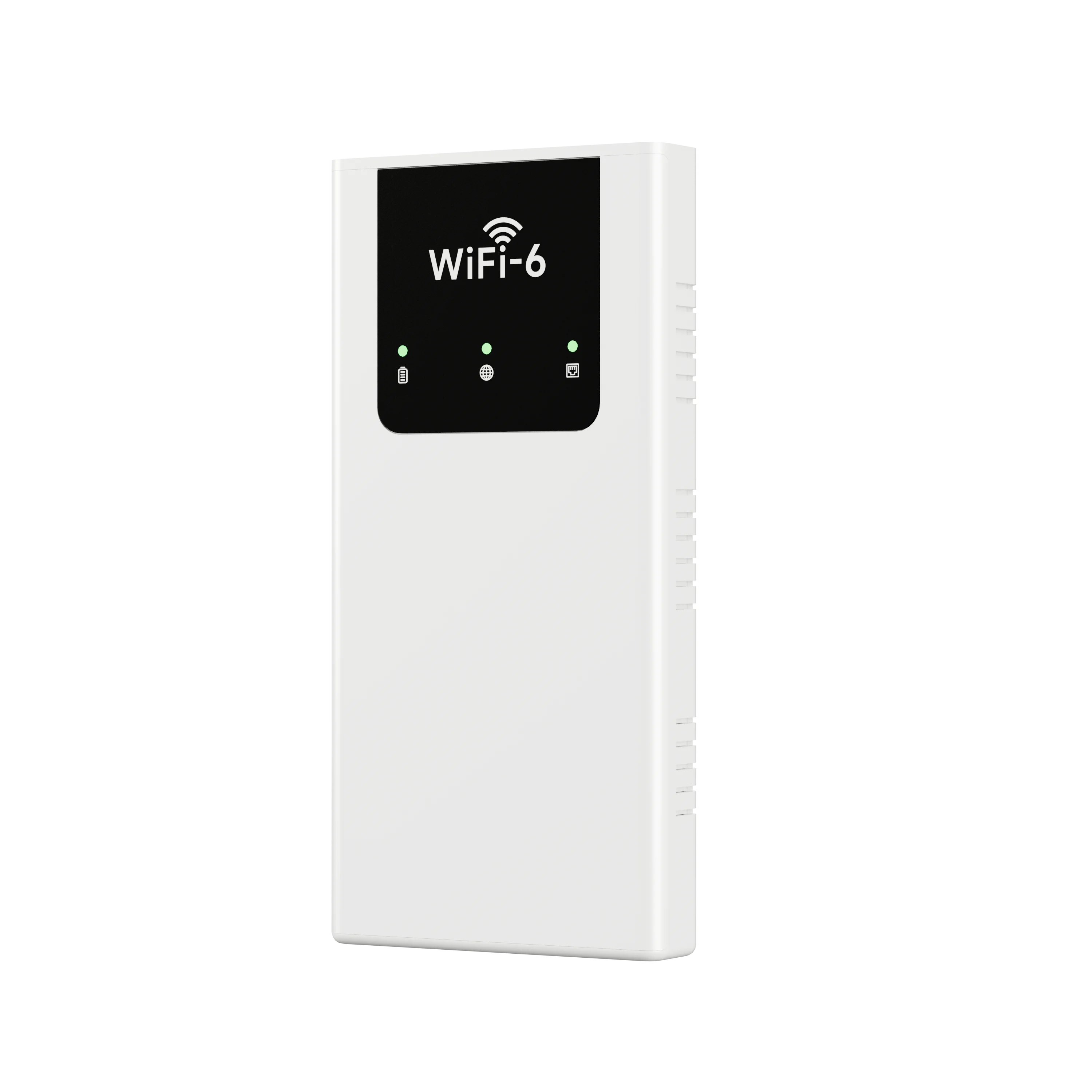In today's rapidly evolving technological landscape, the shift from analog to digital systems has revolutionized various industries. This article explores the numerous advantages that digital systems offer over their analog counterparts. From enhanced precision and flexibility to improved storage and processing capabilities, digital systems have become the backbone of modern society.
- Precision and Accuracy:
Digital systems excel in providing unparalleled precision and accuracy compared to analog systems. By representing information in discrete, binary form, digital systems eliminate the inherent inaccuracies and signal degradation associated with analog systems. This precision enables digital systems to faithfully reproduce and transmit data, resulting in higher quality outputs and improved reliability. - Flexibility and Adaptability:
One of the key advantages of digital systems lies in their inherent flexibility and adaptability. Unlike analog systems, which are often limited to specific functions, digital systems can be easily reprogrammed and reconfigured to perform a wide range of tasks. This versatility allows for seamless integration with other digital devices, enabling the creation of complex interconnected systems and fostering innovation across industries. - Signal Processing and Manipulation:
Digital systems offer unparalleled capabilities in signal processing and manipulation. Through the use of algorithms and advanced computational techniques, digital systems can analyze, modify, and enhance signals with remarkable precision. This advantage has revolutionized fields such as telecommunications, audio and video processing, and medical imaging, enabling the development of sophisticated technologies and applications. - Storage and Reproduction:
Digital systems have revolutionized the way information is stored and reproduced. Unlike analog systems, which rely on physical media susceptible to degradation and loss, digital systems store data in a non-volatile, digital format. This allows for virtually unlimited storage capacity, easy duplication, and seamless transmission of information across vast distances. Additionally, digital systems offer robust error correction mechanisms, ensuring data integrity and reliability. - Integration and Connectivity:
Digital systems thrive in an interconnected world, offering seamless integration and connectivity. The ability to transmit and share digital data effortlessly has transformed industries such as telecommunications, e-commerce, and social networking. Digital systems enable real-time communication, collaboration, and access to vast amounts of information, fostering global connectivity and driving innovation.
Conclusion:
The advantages of digital systems over analog systems are undeniable. From enhanced precision and flexibility to improved storage and processing capabilities, digital systems have revolutionized industries across the globe. Embracing the digital revolution is crucial for organizations and individuals seeking to stay competitive in today's fast-paced world. As technology continues to advance, the potential for further advancements in digital systems is limitless, promising a future of boundless possibilities.


